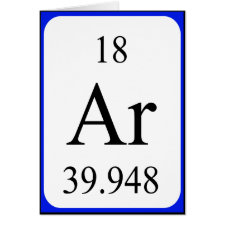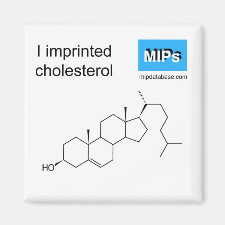
Authors: Borges MCM, de Oliveira HL, Borges KB
Article Title: Molecularly imprinted solid-phase extraction coupled with LC-APCI-MS-MS for the selective determination of serum cholesterol.
Publication date: 2017
Journal: Electrophoresis
Volume: 38
Issue: (17)
Page numbers: 2150-2159.
DOI: 10.1002/elps.201600489
Abstract: The assessment of selective molecularly imprinted solid-phase extraction (MISPE) for clean-up and extraction of cholesterol (CHO) from bovine and human serum samples was evaluated. Two molecular imprinted polymers (MIP) based on organic and inorganic/organic (hybrid) materials were obtained and compared regarding recovery and selectivity toward CHO. Optimum chromatographic separation between the CHO and its isobaric compound lathosterol (LATHO) has been achieved within 15 min using an Agilent Poroshell 120 EC-C18 column (120 mm x 3.0 mm, 2.7 μM) and mobile phase consisting of acetonitrile:methanol (8:2, v/v) at a flow rate of 0.6 mL min-1. Mass spectrometry detection was operated in atmospheric pressure chemical ionization (APCI) (+) mode and the SIM transitions [M - H2O + H]+ for CHO and LATHO were 364.1 ® 161.2 ® 95.2 and 364.1 ® 95.1 ® 81.1 m/z, respectively. The sample preparation could be accomplished within 1 h, and the matrix effect on the MS signal after sample pretreatment did not interfere in the analyses. The method provided a good linear range (0.013-312 μM.) with coefficients of determination of R2 > 0.99, substantial sensitivity (limits of detection of 6.5 nM), good recovery (~90%), high reproducibility (intraday and interday relative standard deviations less than 15%) and satisfactory accuracy (relative error ranged from -13.46% to 11.54%). The organic MIP showed superior performance compared with the hybrid. Finally, the MISPE procedure followed by LC-APCI-MS-MS analysis showed their suitable applicability to examine CHO and LATHO in serum samples
Template and target information: cholesterol, CHO
Author keywords: cholesterol, LC-MS-MS, molecularly imprinted polymer, serum



Join the Society for Molecular Imprinting

New items RSS feed
Sign-up for e-mail updates:
Choose between receiving an occasional newsletter or more frequent e-mail alerts.
Click here to go to the sign-up page.
Is your name elemental or peptidic? Enter your name and find out by clicking either of the buttons below!
Other products you may like:
 MIPdatabase
MIPdatabase









